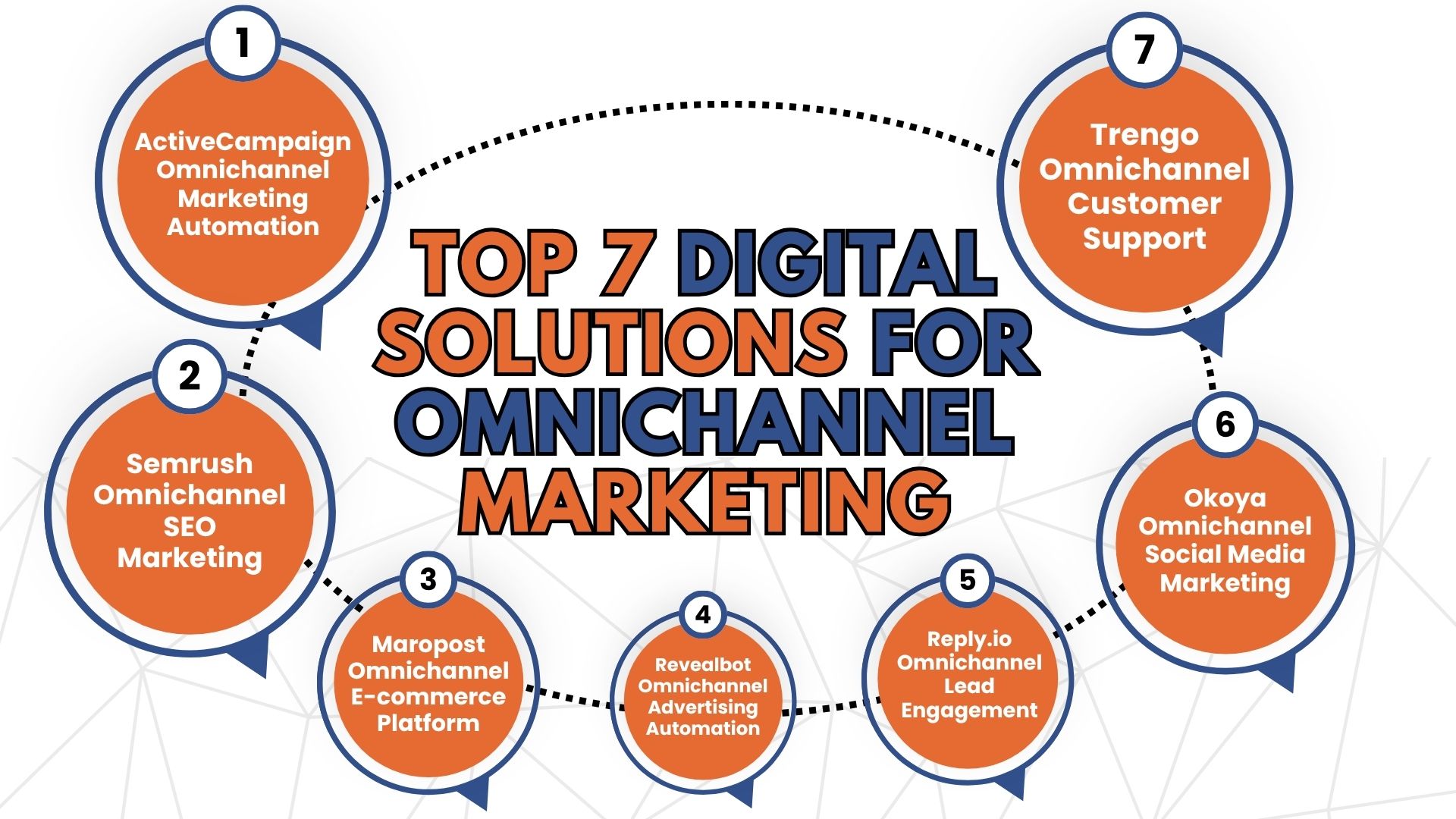
Marketing Processes versus Technology Tasks
Would you hire your traditional printer to make marketing and advertising decisions for your company? If you would not, then why would you hire a technology company for web marketing or web advertising?
In the defense of many businesses, they do hear the same words coming from both the marketer and the technology company. Both companies use the words “SEO”, “optimization”, “paid search”, and many other terms, which on the surface sound the same. Thus, a business that doesn’t understand the digital medium would not know there is a difference between these two types of companies.
Evolution of Disciplines on the Web
If I think about 20 years ago when we first put a website together using HTML 0.0 we could bold text, change colors, make text flash and use an animated gif for a mailbox that opened and closed.
Since then the disciplines have evolved and matured to the point where there are:
- Technology companies that know how to manage servers and networks
- Technology specialists that understand databases, programming, and website assembly
- Creative Designers that understand how to make a website look good and lay it out
- Marketers who can use the Internet to make a website be found, run an advertising campaign, and raise brand awareness
If we break the disciplines down to these areas, it might be easier to understand who has the competency in what areas.
Putting the Marketing Processes and Concepts to Practice
If you think of a marketing process then you have a cycle, which starts with research, strategy, and planning. If you have a strategy, then you must also have a way to measure the success of this strategy. Measuring the strategy is important to understand in the initial plan so we know what tasks are necessary in the process and how those tasks will be completed.
The execution and implementation of the marketing plan and the advertising campaign are task-oriented; however, do require discipline, knowledge, experience, and expertise to ensure success. This would be the middle area of the marketing process and is repeated until there are changes to improve results.
This middle area tends to be where there is an overlap between marketers and technology firms when it comes to the execution.
The last area falls into gathering the measurements, assembling the measurements into a report(s), analyzing multiple data points, and ultimately interpreting the results. The interpretation is then used to communicate and collaborate with the client through a dialogue, which will be used to improve the results.
This dialogue is not only to present the marketing results, but also to learn from the client how the results have impacted them and what is happening in their business that needs to be incorporated into the marketing process. More importantly, the meeting must look at not only what is working, but also what is not working. Usually this is the area that requires the most discussion and collaboration.
Finally, action steps, which are documented in meeting minutes, to improve the marketing process are implemented and the cycle starts over again.
An interesting side benefit of the marketing process is the education that happens with the client to better understand the digital medium. Equally, the marketing firm is given the opportunity to learn about the client’s business and industry as well.
Where Do The Differences Lie?
If you think about the labor time it takes to implement a successful marketing process, the biggest difference between the marketing firms and technology firms will be cost.
If your company is able to hire a marketing firm to manage the strategy, understand the results and lead the plan with discipline, then you’re able to remove yourself from “doing the work”.
On the flip side, if your company is only able to hire a technology firm, then you have to accept that you will be giving the orders, be more involved in the work, and need to interpret the reports you will be getting. Meetings tend to be few and far between.
Three Examples To Think About
- One primary situation I have come across is businesses that say they have tried everything and nothing works. After some listening and some questions, I find they have been working with technology firms and usually both sides are equally frustrated with the other.
- The next example tends to be about the reports technology firms send their clients. Generally these reports are computer generated and most often quite colorful with charts. The information in the report is always accurate, most of the time I find nothing wrong with the information.The issue is not what is in the report, rather what is not in the report. The bounce rates are usually not separated between advertising and organic marketing. Traffic Sources are not well elaborated or explained. Advertising budgets are not well discussed. Keyword quality scores are most often ignored… to name a few.
- When it comes to meetings, they tend to not exist or, if they do, the discussion is about the reports that are missing information and not coordinated with a strategic plan. We have seen clients having to submit trouble tickets through a website to get any communication and certainly there is no consistency in a contact person that has learned about the client’s business.
In Conclusion
Businesses will find web marketing agencies have the best ability to lead their marketing strategies. Of course you cannot lead without having researched facts, which are interpreted and patterns are found to develop a plan. The discipline, expertise and experience of marketing, advertising and the Internet are necessary to apply these tools to the objectives of the business.
There is one thing a web marketing agency does or should be doing… accepting responsibility for when things do not go right. Instead of blaming yourself when you hire a technology firm, wouldn’t it make more sense to hire someone you can blame things on when they don’t go right?
Author: Melih Oztalay




















